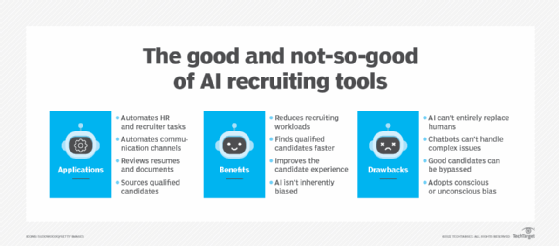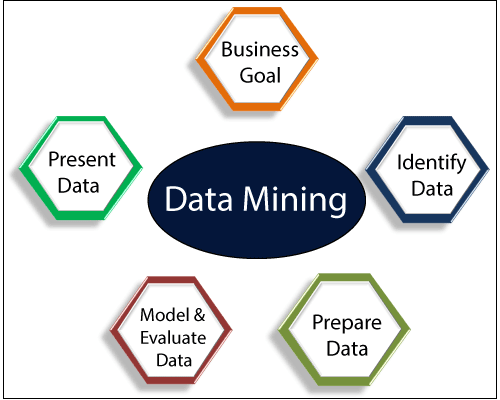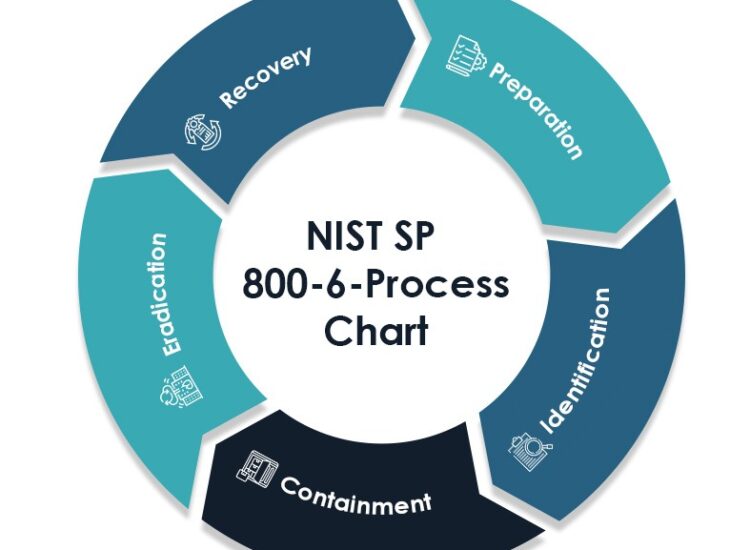Companies collect and store vast amounts of sensitive information, including financial data, customer records, and confidential documents. This makes it essential for businesses to have robust measures in place to protect their data from cyber threats and ensure its confidentiality and integrity.
Toc
- 1. Introduction to Data Rooms and Their Importance for Business Owners
- 2. The Advantages of Secure Data Storage in a Virtual Data Room
- 3. Related articles 01:
- 4. How Data Rooms Enhance Business Data Protection and Security
- 5. Key Features to Look for in a Business Data Room
- 6. Related articles 02:
- 7. Real-life Examples of Data Room Uses and Success Stories
- 8. Top data room models in US 2024
- 9. Conclusion
Introduction to Data Rooms and Their Importance for Business Owners
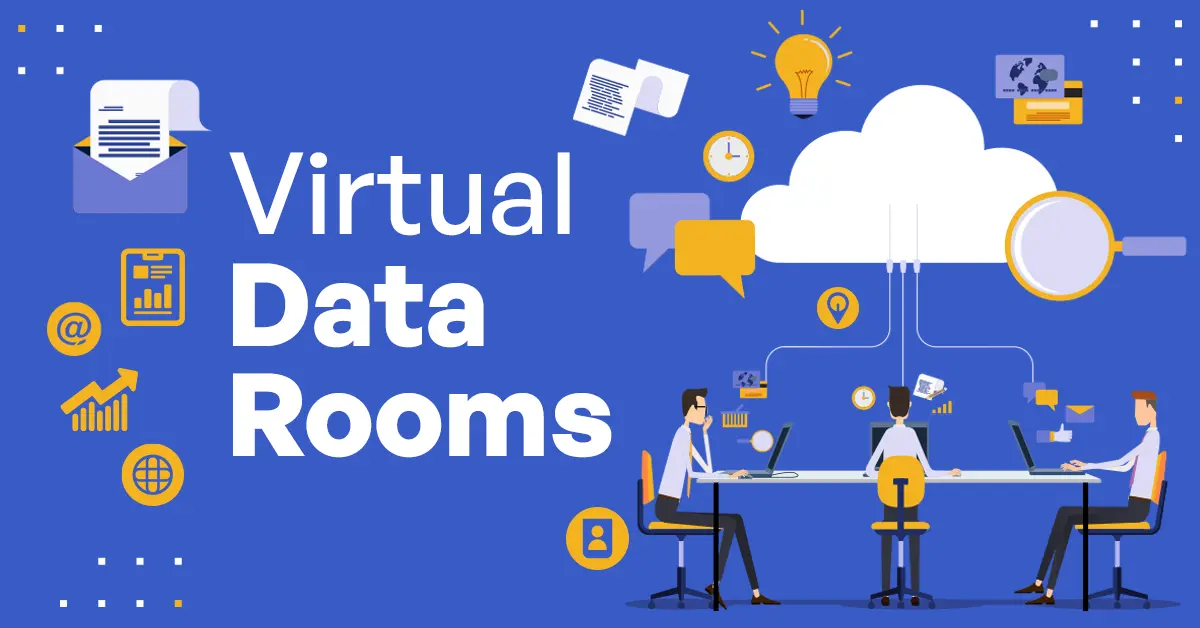
In today’s digital age, the security of business data is paramount. For business owners, protecting sensitive information is not just a necessity—it’s a critical component of success. This is where data rooms come into play. Defined as secure online repositories for storing and sharing documents, data rooms are essential for any business aiming to safeguard its vital information. They offer a seamless blend of secure data storage and accessibility, making them indispensable in the modern business landscape.
What are Data Rooms?
Data rooms refer to secure online repositories used by companies to store and share sensitive information with authorized users. These virtual data rooms are used for various purposes, including mergers and acquisitions, IPOs, legal due diligence, and other business transactions that involve the sharing of confidential documents. Data rooms facilitate secure document sharing while also providing a centralized location for all parties involved in a transaction to access and review necessary information.
How Do Data Rooms Work?
Data rooms are typically made up of two parts: the front-end interface where users can access documents and the back-end infrastructure where data is stored securely. The front-end interface is usually accessed through a web browser or mobile application, making it easy for authorized users to log in from any location and device. The back-end infrastructure utilizes advanced security protocols to ensure the integrity and confidentiality of data.
Why are Data Rooms Important for Business Protection?
Data rooms play a critical role in ensuring the protection of sensitive business information. With data breaches becoming increasingly common, it is essential for companies to have robust measures in place to safeguard their data. Data rooms provide multiple layers of security, including encryption, access controls, and activity tracking, making them highly secure compared to traditional document sharing methods such as email or physical storage. This level of protection ensures that only authorized individuals can access sensitive information, reducing the risk of data leaks or theft.
The Advantages of Secure Data Storage in a Virtual Data Room

Apart from enhanced security, data rooms offer several other advantages that make them an essential tool for businesses.
Accessibility and Efficiency
One of the primary benefits of data rooms is their accessibility. With all documents stored in a centralized location, authorized users can access necessary information anytime and from anywhere, streamlining workflows and reducing time spent on searching for documents. This heightened level of efficiency is especially beneficial during critical business operations such as mergers and acquisitions, where timely access to information can make a significant difference. Additionally, by providing a single source of truth, data rooms help eliminate redundancies and ensure that all stakeholders are working with the most current and accurate data.
Improved Collaboration
Data rooms also foster improved collaboration among team members and external parties. With features such as real-time document editing, version control, and audit trails, team members can work together more effectively, even if they are located in different geographical regions. The ability to collaborate in a secure environment ensures that sensitive information remains protected while still enabling productive teamwork.
Regulatory Compliance
Compliance with regulatory requirements is a crucial aspect of managing sensitive business information. Data rooms help companies meet these requirements by providing secure storage solutions that adhere to industry standards and regulations. With data rooms, businesses can maintain accurate records of document access and modifications, which is essential for audits and regulatory reporting. This not only minimizes the risk of non-compliance penalties but also helps build trust with clients and stakeholders.
Cost-Effectiveness
Utilizing a virtual data room can also be more cost-effective compared to traditional methods of document storage and sharing. Physical storage solutions require significant resources in terms of space, maintenance, and security. On the other hand, data rooms reduce or eliminate these costs, as they are hosted online and maintained by third-party providers. This allows businesses to allocate resources more efficiently and focus on their core operations.
3. https://alightmotion.top/elevate-your-expertise-the-power-of-a-computer-science-masters-degree/
4. https://alightmotion.top/the-rise-of-ai-unlocking-sales-success-with-ai-sales-tools/
5. https://alightmotion.top/the-ultimate-guide-to-ai-recruiting-tools-streamline-hiring-in-2024/
How Data Rooms Enhance Business Data Protection and Security
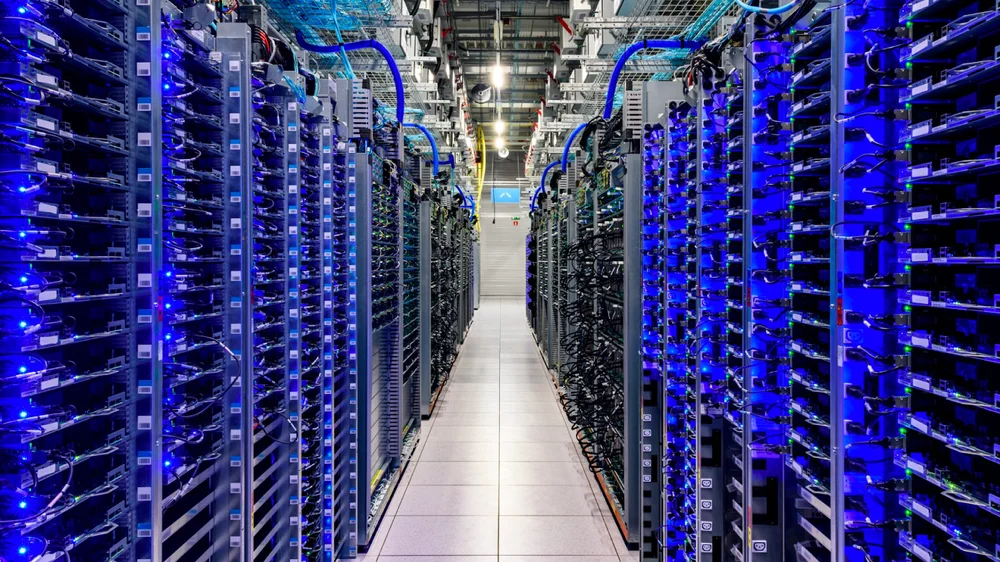
Advanced Security Features
Data rooms are equipped with advanced security features that enhance the protection of business data. These features include end-to-end encryption, which ensures that data is encrypted both while at rest and during transmission. This makes it extremely difficult for unauthorized parties to intercept and decipher the information. Additionally, multi-factor authentication adds another layer of security by requiring users to verify their identity using multiple forms of authentication, such as a password and a biometric factor.
Another critical feature is detailed access control. Administrators can assign specific access rights to users based on their role and the sensitivity of the information. This granular level of control ensures that only authorized personnel have access to certain documents, minimizing the risk of internal data breaches. Audit logs and activity tracking further enhance security by providing a detailed record of who accessed what information and when. This transparency is invaluable for monitoring usage patterns and detecting any suspicious activity.
Disaster Recovery and Backup Solutions
One of the essential components of data protection is having robust disaster recovery and backup solutions in place. Data rooms offer automated backup services that ensure all data is regularly backed up to secure locations. In the event of hardware failure, cyber-attacks, or natural disasters, businesses can quickly recover their data and resume operations with minimal disruption. These backup solutions are often stored across multiple geographically dispersed locations, adding an extra layer of redundancy and reliability.
Scalability and Flexibility
Data rooms are designed to be scalable and flexible, accommodating the evolving needs of a business. As a company grows, its data storage requirements will inevitably increase. Data rooms can easily scale to meet these demands without the need for significant investment in physical infrastructure. This makes them an ideal solution for businesses of all sizes, from small startups to large multinational corporations.
Furthermore, the flexibility of data rooms allows them to be customized to suit the specific needs of different industries. Whether a company is involved in finance, healthcare, legal services, or any other sector, data rooms can be tailored to meet its unique security and compliance requirements.
Key Features to Look for in a Business Data Room

When choosing a data room for your business, consider the following essential features:
Security Protocols
When selecting a data room, prioritize those that offer robust security protocols to safeguard your sensitive information. Look for features such as AES-256 bit encryption, both at rest and in transit, to ensure that your data remains protected from unauthorized access. Two-factor authentication (2FA) is another crucial feature, adding an extra layer of security by requiring users to verify their identity using a second form of authentication, such as a code sent to their mobile device.
User Permissions and Access Controls
Granular user permissions and access controls are essential in a data room, enabling administrators to define who can access specific documents and what actions they can perform. Customizable permission settings allow for fine-grained control, ensuring that sensitive data is only accessible to authorized individuals. Role-based access controls (RBAC) further streamline the management of user permissions by assigning predefined roles to users, simplifying the process of permission allocation.
Audit Trails and Reporting
The ability to generate comprehensive audit trails and reports is an indispensable feature of a data room. Audit trails provide a detailed log of all user actions, including document access, edits, and downloads, offering full transparency and accountability. This feature is particularly valuable during audits and regulatory reviews, as it helps demonstrate compliance with industry standards and regulations. Automated reporting capabilities can also help administrators quickly generate insights and monitor data room activity, making it easier to identify and address potential security concerns.
User-Friendly Interface
A user-friendly interface is essential for ensuring that all team members, regardless of their technical proficiency, can effectively utilize the data room. Look for data rooms that offer intuitive navigation, streamlined workflows, and customizable dashboards, allowing users to easily access and manage documents. Additionally, mobile-friendly platforms enable users to access the data room from their smartphones or tablets, ensuring that they can work efficiently even while on the go.
Integration Capabilities
Integration capabilities are another key factor to consider when selecting a data room. A data room that seamlessly integrates with your existing business tools, such as customer relationship management (CRM) systems, project management software, and email clients, can significantly enhance productivity. Integrations help automate data transfers, reduce manual data entry, and provide a cohesive workflow, allowing your team to work more efficiently and focus on core business activities.
2. https://alightmotion.top/the-ultimate-guide-to-ai-recruiting-tools-streamline-hiring-in-2024/
3. https://alightmotion.top/unlocking-efficiency-growth-with-legal-ai-tools-a-guide-for-attorneys/
4. https://alightmotion.top/elevating-cybersecurity-defenses-nist-incident-response-insights/
5. https://alightmotion.top/the-rise-of-ai-unlocking-sales-success-with-ai-sales-tools/
Real-life Examples of Data Room Uses and Success Stories

Mergers and Acquisitions (M&A)
Data rooms are particularly valuable in the context of mergers and acquisitions (M&A). During M&A transactions, companies need to share a vast amount of sensitive information with potential buyers and investors. A secure data room facilitates this process by providing a centralized and secure platform for document sharing and review. This not only speeds up the due diligence process but also enhances confidentiality and security, ensuring that sensitive business data is protected throughout the transaction.
Legal and Compliance
Law firms and legal departments frequently utilize data rooms for managing case-related documents and ensuring compliance with regulatory requirements. Data rooms offer a secure environment for storing and sharing confidential legal documents, such as contracts, agreements, and court filings. The built-in audit trails and reporting features enable legal professionals to track document access and modifications, providing a clear record of all actions taken. This is especially valuable during legal audits and disputes, as it helps demonstrate compliance and accountability.
Fundraising and IPOs
For startups and companies seeking to raise capital or go public, data rooms provide a secure and organized platform for sharing key financial information with potential investors and regulatory bodies. The ability to control access permissions ensures that sensitive financial data is only accessible to authorized parties. Additionally, data rooms facilitate efficient communication and collaboration between stakeholders, helping to streamline the fundraising and IPO processes.
Real Estate Transactions
In the real estate industry, data rooms are used to manage large volumes of documents related to property transactions. From purchase agreements and title deeds to inspection reports and financing documents, data rooms offer a centralized repository for all transaction-related information. This not only enhances organization and efficiency but also ensures that all parties involved have secure access to the necessary documents, facilitating smoother and faster real estate deals.
Pharmaceutical and Biotech Industries
Pharmaceutical and biotech companies often handle highly sensitive and proprietary information related to research and development, clinical trials, and regulatory submissions. Data rooms provide a secure platform for storing and sharing this critical information with research partners, regulatory agencies, and other stakeholders. The advanced security features of data rooms help protect intellectual property and ensure compliance with industry regulations, such as those set by the FDA and EMA.
Top data room models in US 2024

Financial Services
In the financial services sector, data rooms are indispensable for managing confidential information related to investments, asset management, and financial transactions. Financial institutions, such as banks and investment firms, utilize data rooms to securely store and share documents like financial statements, asset portfolios, and transaction records. The robust encryption and permission controls ensure that sensitive financial data is safeguarded against unauthorized access, while the audit trail functionality provides a comprehensive record of all document interactions, supporting regulatory compliance and internal audits.
Government and Public Sector
Government agencies and public sector organizations often deal with highly sensitive and classified information. Data rooms provide a secure environment for managing documents related to national security, public policy, and internal operations. The advanced security features, including multi-factor authentication and encryption, help protect classified data from breaches and cyber threats. Moreover, data rooms facilitate secure collaboration between various government departments and external stakeholders, ensuring that critical information is efficiently shared and managed while maintaining the highest levels of security and confidentiality.
Education and Research
Educational institutions and research organizations can benefit from data rooms by securely managing and sharing academic research, grant proposals, and institutional data. Data rooms provide a centralized platform where researchers can store their findings, collaborate with peers, and control access to sensitive data. This is particularly valuable for multi-institutional research projects and academic collaborations, where secure and efficient document sharing is crucial. Furthermore, data rooms can help educational institutions ensure compliance with data protection regulations, such as FERPA, by maintaining strict control over access to student records and other sensitive information.
Conclusion
In conclusion, data rooms have become an indispensable tool across various industries, offering secure and efficient solutions for managing and sharing sensitive information. Whether in mergers and acquisitions, legal and compliance, fundraising and IPOs, real estate transactions, pharmaceutical and biotech industries, financial services, government, or education and research, data rooms provide the necessary framework to ensure confidentiality, enhance collaboration, and streamline processes. As we move into 2024, the use of data rooms is expected to grow, driven by ongoing advancements in technology and increasing demands for secure data management. Organizations that adopt data rooms will be well-equipped to handle their information management needs, ultimately leading to greater efficiency, security, and success in their respective fields.

